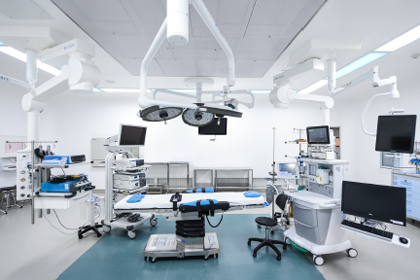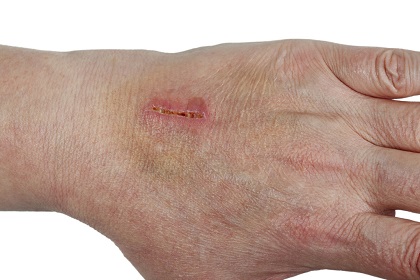Search
What causes nausea and vomiting after surgery?
There is a part of our brain called the “vomiting center”. When this portion of our brain is stimulated, it will cause people to feel nauseous and vomit. Nausea and vomiting after surgery is a common problem. Certain people, types of anesthesia, and types of surgery trigger this “vomiting center” easier than others.
Who has a higher chance of experiencing nausea and vomiting after surgery?
The chance of experiencing nausea and vomiting is increased for the following people:
• Children older than 3 years old
• Women, especially young women
• People who are overweight, pregnant, or have anxiety
• People who have a history of motion sickness
What are other factors that increase this risk?
The following factors also increase the chances of experiencing nausea and vomiting after surgery:
a) The type of anesthesia used. In general, most medications used for general anesthesia trigger the “vomiting center” easily. Thus, those who receive general anesthesia instead of local anesthesia are at increased risk
b) The duration of general anesthesia and surgery. The longer the duration, the higher the risk
c) The type of surgery performed. Ear, nose and throat surgery, laparoscopic surgery, gynecological surgery, dental surgery, and cosmetic surgery increase the risk
d) How well the patient recovers after surgery. Those who have pain, low blood pressure, low blood oxygen, or gastrointestinal irritation after surgery are at increased risk
In short, regardless of whether it is because of the medications or surgical procedures, once they stimulate the nerves, they will trigger the brain’s “vomiting center”, resulting in nausea and vomiting.
What are the consequences of nausea and vomiting after surgery?
Persistent nausea and vomiting after surgery increases pain. It might also cause surgical wound bleeding and prolong wound healing time.
Nausea and vomiting can also cause electrolyte and water imbalance, affecting the overall recovery and healing time.
What are some measures to prevent or control nausea and vomiting after surgery?
To a large extent, nausea and vomiting after surgery can be prevented and controlled.Many studies have found that taking anti-nausea medications before surgery can prevent nausea and vomiting after surgery to a certain extent. It has also been found that the effects of using two or more types of anti-nausea medications are better than just using a single type of medication.
Click the link for more information on Surgery Clinical Service











